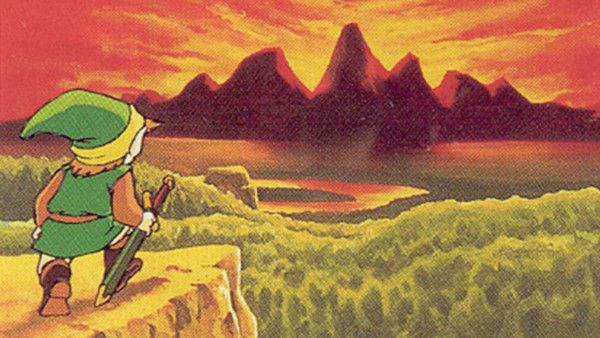Why We're All Idiots For Thinking Video Game Difficulty Matters

Various games writers over the years have dove into how different studios handled this, and developer Kevin Lenyo noted in 2014 that with video game rentals being a major source of income, developers would create "choke points" to block your progress, forcing you to cough up the cash to try for completion.
Bizarrely, considering their family friendly persona, one of the biggest culprits of overall difficulty spikes was Nintendo. Though they took a massive financial risk providing the NES and its associated advertising materials to a post-game crash America for free (in a bid to revitalise gaming overall by only taking a cut if the systems sold), the term "Nintendo hard" quickly got off the ground. In response to how annoying and cheap almost every major title on the NES was, they found a way to monetise that frustration at every turn.
Introducing the Nintendo Power Line, a phone hotline set up alongside their own Nintendo Power magazine, to offer tips to players whenever they got stuck - which they would, all the time, because 80s game design was once again, predicated on elongation just as much as escapism.
Whether they realised it or not - and the cynic in me says some number-cruncher must have realised this at some point - Nintendo were literally creating or licensing insanely hard or nigh-impossible games to players, only to benefit when they inevitably got stuck.
It's kinda genius in a way - but again, we've got consumers unnecessarily being punished for financial gain.
Cont.